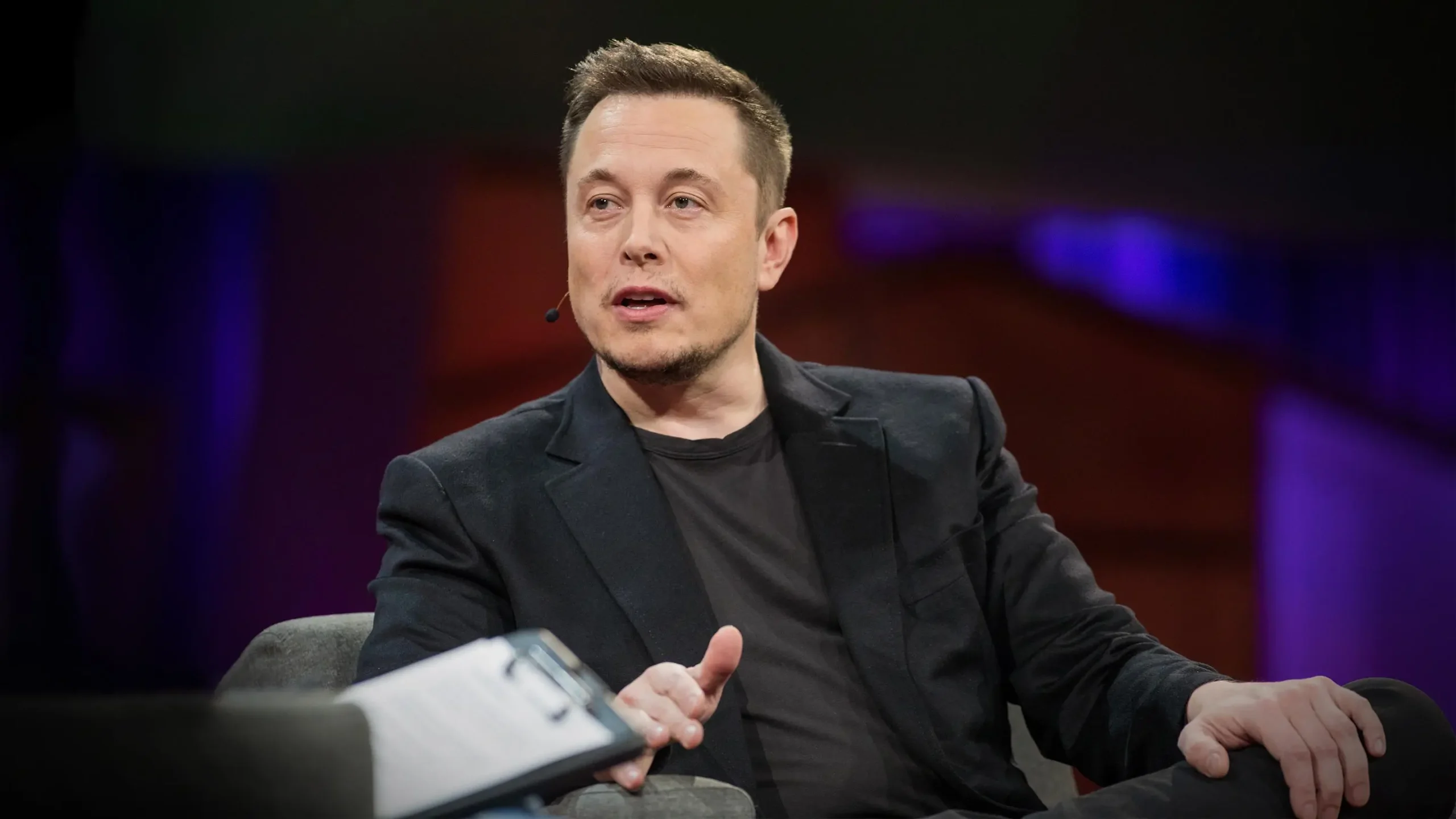Elon Musk has confirmed a significant price increase for a key product in response to former U.S. President Donald Trump’s announcement of a 10% tariff on Chinese imports. This tariff, aimed at combating the influx of illegal drugs like fentanyl into the United States, has added a new layer to the ongoing trade tensions between the two nations.
Musk’s acknowledgment of the tariff’s economic impact highlights the potential ripple effects across global industries, sparking debates about its broader implications.
Trump’s Tariff Plan Aims to Halt Drug Flow and Secure Borders
In a recent statement, Trump reiterated his plan to impose tariffs on multiple trading partners if elected. “This tariff will remain in effect until such time as drugs, in particular, fentanyl, and all illegal aliens stop this invasion of our country,” Trump declared.
The 10% tariff on Chinese goods is part of his broader strategy, which also includes a proposed 25% tariff on imports from Canada and Mexico. He demanded decisive action from these nations to combat the illegal drug trade and tighten border security. “Both Mexico and Canada have the absolute right and power to easily solve this long-simmering problem,” Trump stated, emphasizing, “We hereby demand that they use this power, and until such time that they do, it is time for them to pay a very big price.”
The Fentanyl Crisis
The primary target of Trump’s trade policy is fentanyl, a potent synthetic opioid responsible for a surge in overdose deaths across the United States. According to the U.S. Drug Enforcement Administration (DEA), fentanyl is “100 times more potent than morphine and 50 times more potent than heroin as an analgesic.”
This drug, often referred to by street names like “China Girl” and “Dance Fever,” induces effects such as euphoria and sedation but can lead to fatal outcomes in cases of overdose. Common symptoms include stupor, respiratory failure, and coma.
Trump expressed frustration over China’s perceived inaction in stemming the production and export of precursor chemicals used to manufacture fentanyl. “I have had many talks with China about the massive amounts of drugs, in particular fentanyl, being sent into the United States – but to no avail,” he remarked.
China’s Response
Despite Trump’s criticisms, recent efforts indicate progress in curbing the illegal trade. Following renewed commitments by U.S. President Joe Biden and Chinese President Xi Jinping last year, measures have been implemented to crack down on illegal financial networks and restrict the export of fentanyl-related chemicals.
However, Trump remains unsatisfied with the pace of change, citing China’s failure to deliver on promises, including imposing the death penalty on drug traffickers. “Until such time as they stop, we will be charging China an additional 10% tariff, above any additional tariffs, on all of their many products coming into the United States of America,” Trump added.
Elon Musk’s Reaction
The trade dispute caught Elon Musk’s attention, prompting him to weigh in on the economic consequences. Musk responded to Trump’s statement, reposted from Truth Social, with a straightforward comment: “The price of fentanyl will rise sharply.”
Price of Fentanyl will rise sharply https://t.co/OOCm5oyRNj
— Elon Musk (@elonmusk) November 26, 2024
While Musk’s remark underscores the potential economic impact, it also points to a broader concern about how tariffs might inadvertently affect global supply chains and market prices.
Trade, Politics, and Public Health
The looming tariffs have reignited debates over the intersection of trade policy, public health, and international relations. Trump’s approach, which links economic measures to combating the drug crisis, has drawn both support and criticism.
Supporters argue that the tariffs serve as a necessary tool to pressure China into stronger enforcement of anti-drug measures. Critics, however, warn of potential blowback, including higher consumer costs, strained trade relations, and limited effectiveness in addressing the root causes of the fentanyl crisis.























